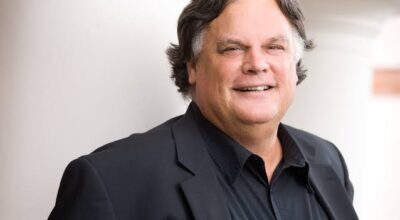Fighting crime takes everyone
Published 12:00 am Tuesday, February 7, 2017
Salisbury’s law-and-order challenges feel unique to this time and place, but countless communities across the country are searching for solutions to crime, just as Salisbury is.
“There are valid reasons why few communities tackle crime head on,” says a report on deterring crime in Newhallville, Conn., a neighborhood of New Haven. “Drug markets and long-standing gang feuds feel intractable. Mutual distrust between communities and police abounds.” The report echoes conversations we’ve heard in Salisbury for years.
As many have said, finding solutions has to be a collaborative effort. Police cannot do it alone.
Police Chief Jerry Stokes’ goals for the year necessarily put hiring at the top of the list. With about 20 percent of its budgeted slots empty, the Salisbury Police Department is handicapped when it comes to preventing, fighting and solving crime — yet just yesterday the department made an arrest in a December murder. Stokes is focused on improving his department, so he lists goals concerning training, the beat system, updated policies, performance analysis and social media. He is an organization-oriented chief.
The most outward-looking element of Stokes’ plan is the formation of a Chief’s Advisory Board in partnership with local pastors. The chief has reached out to the faith community in recent months. Pastors have been emphasizing the need to hold police accountable, but faith leaders want to be part of the community solution beyond increasing scrutiny
In Newhallville, for example, local faith leaders mobilized community residents to share information with police, clean up their properties, bring neighbors to events and otherwise take back their streets.
The Salisbury police chief’s outreach will have to go further to involve the entire community affected by crime, not just pastors. “He admitted there is an element missing,” reporter Shavonne Walker wrote in a Sunday story about Stokes’ goals, “and that’s a community component where the citizens are involved in helping determine goals and success measures.”
What form that further outreach will take is yet to be seen. The community is still getting to know Stokes, and he is just getting to know the city after stepping into a very difficult situation. The chief needs to hear what citizens have to say.
Communication is a two-way process, though. Citizens can start with a twist on a famous line from President John F. Kennedy — “Ask not what the police can do for you, but what you can do for the police.”
There’s great common ground between police and the community — the desire for all neighborhoods to be safe. Open communication is essential. So are concrete steps toward solutions.




